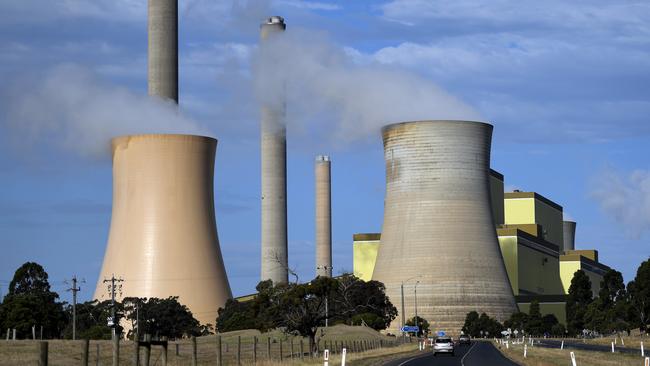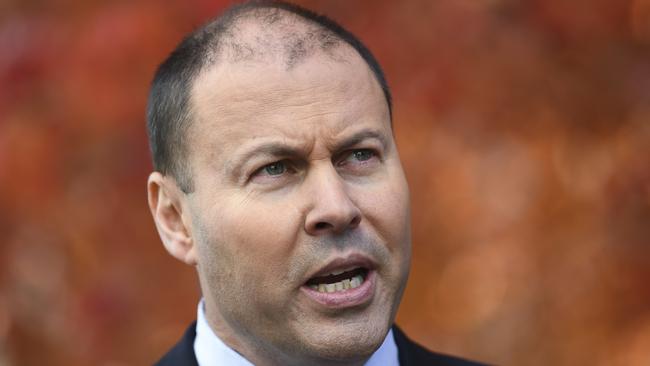Victorians pay more to stay cool in summer as energy back-up plan costs taxpayers $51 million
AS Victoria sweltered through its second hottest summer on record, households were forced to fork out for electricity backups.
VIC News
Don't miss out on the headlines from VIC News. Followed categories will be added to My News.
TAXPAYERS forked out $51 million to ensure Victoria wasn’t plunged into darkness during the past summer — the second hottest on record.
The closure of Hazelwood power station had put the state at risk of blackouts forcing authorities to develop wide-scale energy back-up plan.
A new report, to be released today, shows households paid an extra $6 on average for electricity reserves — which included diesel generators — to be placed on standby.
HOUSEHOLDS IN DARK ON PRICEY POWER BILLS
KEY THINGS TO LOOK FOR ON ENERGY BILL

Australia’s energy market operator found the power system was “particularly challenged” twice during sweltering heatwaves on November 30 and January 19.
Despite 16 major breakdowns at Victoria’s three brown coal plants, the nation’s ageing coal fleet generated its highest levels of power since 2008.
Energy market operator chief Audrey Zibelman said lessons learnt from the summer would help to form a long-term plan to stabilise the nation’s energy grid.
She flagged the possibility of a more permanent back-up reserve to ensure reliability and prevent consumers being slugged with higher prices during extreme conditions.
“If we had a single generating unit trip or a crucial piece of infrastructure fail, load shedding would have been a real possibility without the contingency buffer activated,” AEMO’s operations general manager Damien Sanford said.

Federal Energy Minister Josh Frydenberg said the market operator “did a good job” to steer the energy system through “a difficult summer”.
He said the reserve capacity cost of $51 million was lower than expected.
“That said, the need to procure some 1141MW of additional supply does demonstrate the importance of finalising the National Energy Guarantee to deliver a more affordable and reliable energy system,” Mr Frydenberg said.
“The Guarantee will help secure more investment, reduce volatility and lower power prices.”
The report found the activation of energy reserves came during the tightest of supply and demand periods.


